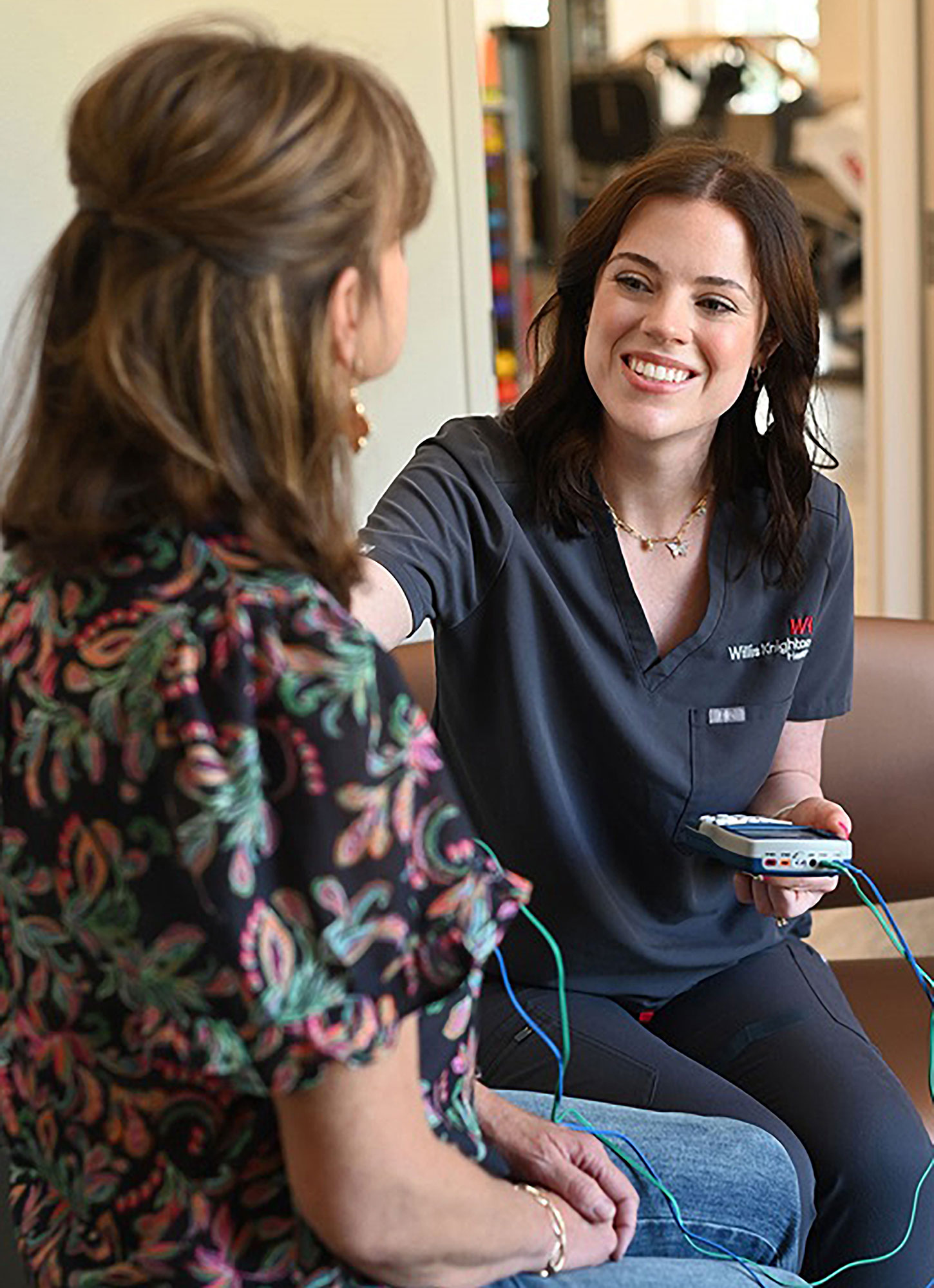Menopause
Overview
This is a natural process that most often happens after age 45. Menopause occurs when you haven't had a period for 12 full months. After menopause you can't get pregnant. Let's take a moment to learn more.
Perimenopause
The road to menopause begins with a time of transition. We call this "perimenopause." Your hormone levels change. Your monthly periods may get shorter or longer. They may be lighter or heavier than normal. And you may skip some periods.
Symptoms
You can have a wide range of other symptoms, too. These include things like hot flashes and vaginal dryness. You can have fatigue, memory problems and mood changes. You may have a change in sexual desire.
Reaching menopause
For most women, perimenopause lasts for about four years. You can still get pregnant during this time. But when your monthly periods stop for a full year, you have reached menopause. You can no longer get pregnant.
Postmenopause
After you reach menopause, you enter a new time. We call this "postmenopause." Your female hormone levels are now lower than they once were. Your risk for osteoporosis and heart disease goes up during this time. You may continue to have the symptoms you had during perimenopause. These can continue for years, but they tend to get milder and go away. Your doctor will help you manage any problems you have. For more info, talk to your doctor.














